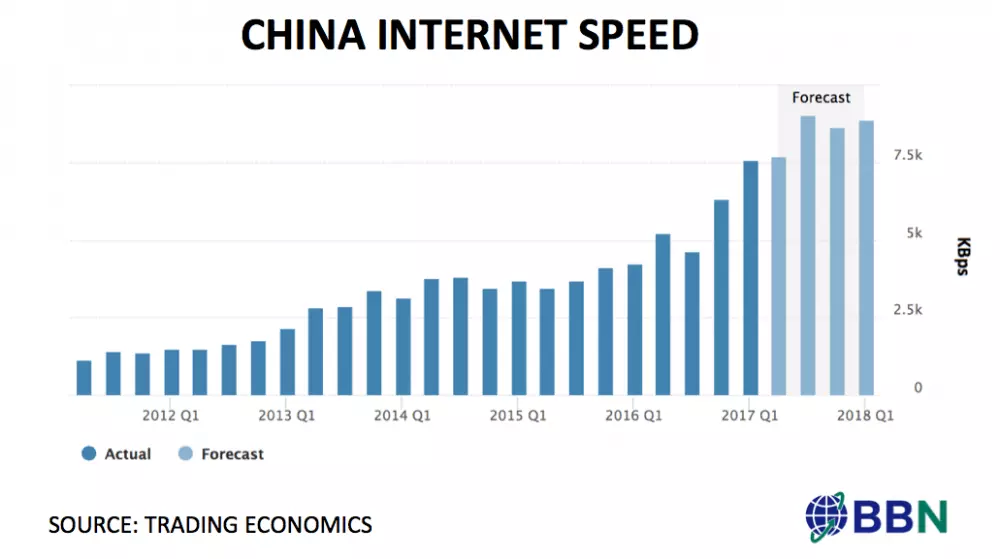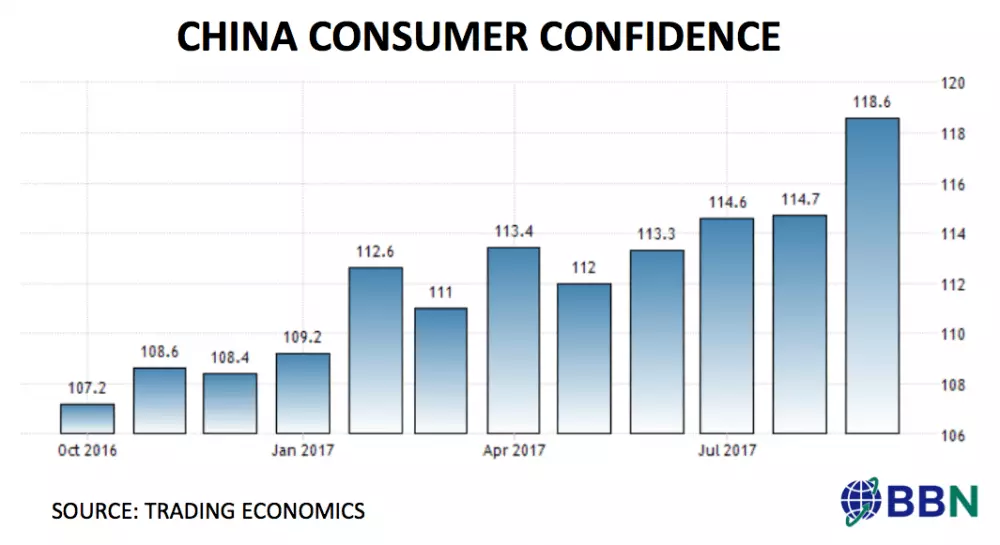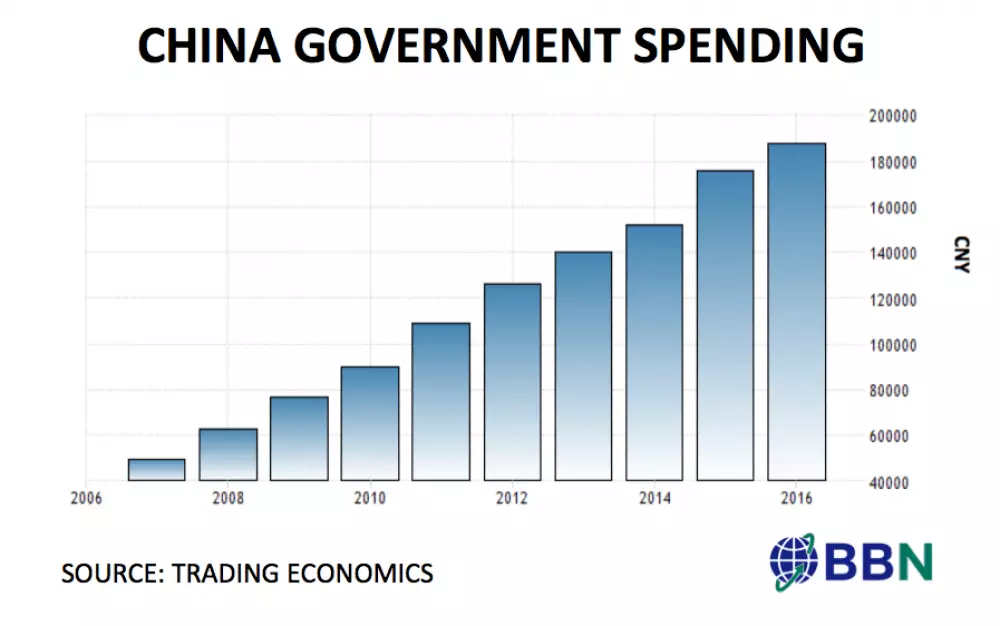At the turn of the century, China would not have been considered a leader in either the Artificial Intelligence (AI) or the robotics industries. But one technological revolution later, and times have changed; China is reaching the top.
An Emegering AI Leader

China is a country of 1.4 billion people- 89% of people have a mobile phone and 53% use the internet. The Chinese population is hugely enthusiastic about its increasing technological capabilities – but the Chinese government are even more so. Keen to dominate both the AI and robotics markets, it has set out a range of initiatives for their progression in both industries.
For technological advances in general, it introduced the Made in China 2025 plan, which is a huge state-backed push to become global leaders in various high-tech industries such as medical equipment and aerospace technology.
Specifically for AI, it issued the Next Generation Artificial Intelligence Development Plan. This sets out a goal for the country to become the ‘premier global AI innovation centre’ by 2030. By that time, China’s AI industry is being aimed to exceed $148bn, with AI-related fields reaching $1.48trn. This would potentially mean that China would overtake the United States in terms of advancement and market dominance. In parallel with the development, the Chinese government will also progress current policy and ethical regulations to ensure the fair, moral, and widescale use of the technology.
Governmental Plans

Robotics has also been targeted by a governmental plan; namely the Robotics Industry Development Plan. The plan has the ultimate goal of China being able to produce 100,000 robots annually – though already China has been investing in robotics on a scale far greater than any other nation in the world. China installed 90,000 robots between 2010 and 2015, whereas the regions of Europe, Asia and the United States combined only installed 80,000 during the same period. The key difference here is that those 90,000 were installed, rather than produced.
This differentiation exemplifies the main motivations behind China’s ambitious plans for technological advancement, and this is that they want to be both efficient and self-sufficient. Advanced technology, of course, means production will become more efficient, but China also wants to be a forerunner in technology so that they are not forced to import from their economic rivals such as Germany and the United States.
AI and robotics are crucial in fulfilling China’s desire to automate a significant proportion of its production sector. The benefits of such a change have already been witnessed in some factories. At the Ying Ao sink foundry in the Guangdong province in South China, 140 full-time workers were replaced by just 9 workers, while on a far larger scale Foxconn, a supplier of iPhones, replaced 60,000 workers with robots.
Outside of manufacturing, robots have been used in the Chinese legal system, and 15,000 cases have been assisted and analysed by them since September 2016. Clearly, the possibilities created by technology have potentially huge benefits for China.
Potential Problems

However, this technological progression does not come without its problems.
A key issue, in fact, lies around national security concerns. Both the USA and European governmental trade bodies have blocked deals between national businesses and China, as the deals fell afoul of regulators. The countries are concerned about the implications of such deals, primarily the outsourcing of national research and intelligence to China– a country that is increasingly rivalling and surpassing Western nations economically. However, regional research centres have been set up by Chinese businesses in these Western nations to skirt around these rulings – a move that ensures continued technological advancement, but also increased geopolitical tension.
This rivalry has been seen to manifest into criminality too; in 2011, scientist Huang Kexue was jailed for seven years for stealing secrets from his employer, the US agribusiness group Dow AgroSciences.
Another key issue is on a national scale. Economists have warned that increasing automation of production could, in the long term, stifle the national economy. They argue that although automation through AI and robotics increases productivity and the competitiveness of exports, it could also lead to increased domestic income inequality which would significantly decrease consumption and cause stagnation in the Chinese economy.
So while it appears fairly inevitable that the Chinese technological revolution will continue into the industries of AI and robotics, perhaps the nation will find that its pursuit of self-sufficiency and uncontested efficiency will, in fact, prove far more complex in the long term than initially imagined.







Leave your comments
Post comment as a guest